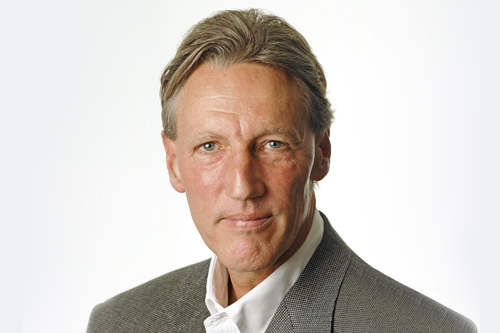
We think we are rational. All our education encourages this belief. Most people in business are convinced that they make decisions logically.
Wrong. Not all the time, but most of it.
The science of behavioural economics (BE) explains why, and its discoveries – which are quite alarming – have been adopted with alacrity by the advertising industry, led by Rory Sutherland of Ogilvy.
For instance, our brains are wired to believe that what we remember most easily is the best or most important for us. This has a fancy name – ‘the availability heuristic’ – and is the fruit of 40 years’ research by Daniel Kahneman, a Nobel Prize winner and one of the godfathers of BE.
For instance, we make judgements about other people at lightning speed and it is then very hard for us to change our minds. This is called ‘the primary effect’ and Dale Carnegie spotted it: ‘You never get a second chance to make a good first impression’.
For instance, most of our decisions are made instinctively – faster than we are aware – and then our brains post-rationalise them so we imagine we have thought things out carefully. Dr Gerd Gigerenzer of the Max Planck Institute describes this illusion in his book ‘Gut Instinct’.
Behavioural economics has many other insights to offer. It led to the setting-up of the government’s ‘Nudge Unit’ and can help us be more successful when we are pitching (or selling, as it might better be described).
Memorability is all-important. As Dave Trott bleakly points out, clients neither know nor care anything about agencies. So how are we going to get remembered when the client panel sits down to decide who wins their account? We can plan this in advance and make sure that it happens.
How can we overcome the ‘primary effect’? Our pitches are usually played away: they are on home ground, we are in alien surroundings. It’s hard to come across as natural, confident and impressive in these circumstances. It’s even harder to get their attention when we are the third agency that day. A good tactic is to use a ‘grabber’ – something that will make them sit up, pin back their ears and expect to enjoy what we have to say.
If the panel members are guided by instinct (without really knowing it) we can make our pitches more successful by ensuring that we engage with their emotions. More drama, more chemistry, less cold facts and less detail. Here again, we can plan this advance to make sure it happens.
Behavioural economics is making a profound difference to marketing communications. It may even transform it. If you are interested, a good way to get started is to watch Rory Sutherland’s talks on TED and interviews on YouTube. They are funny and erudite. You might also want to read Daniel Kahneman’s book ‘Thinking, Fast and Slow’. Not only will BE help you work more effectively for your clients, it will also help you win more clients to work for.
Adrian Wheeler hosts the PRCA webinar 'How Behavioural Economics can win you clients' on Monday, 13th November, 2017.
